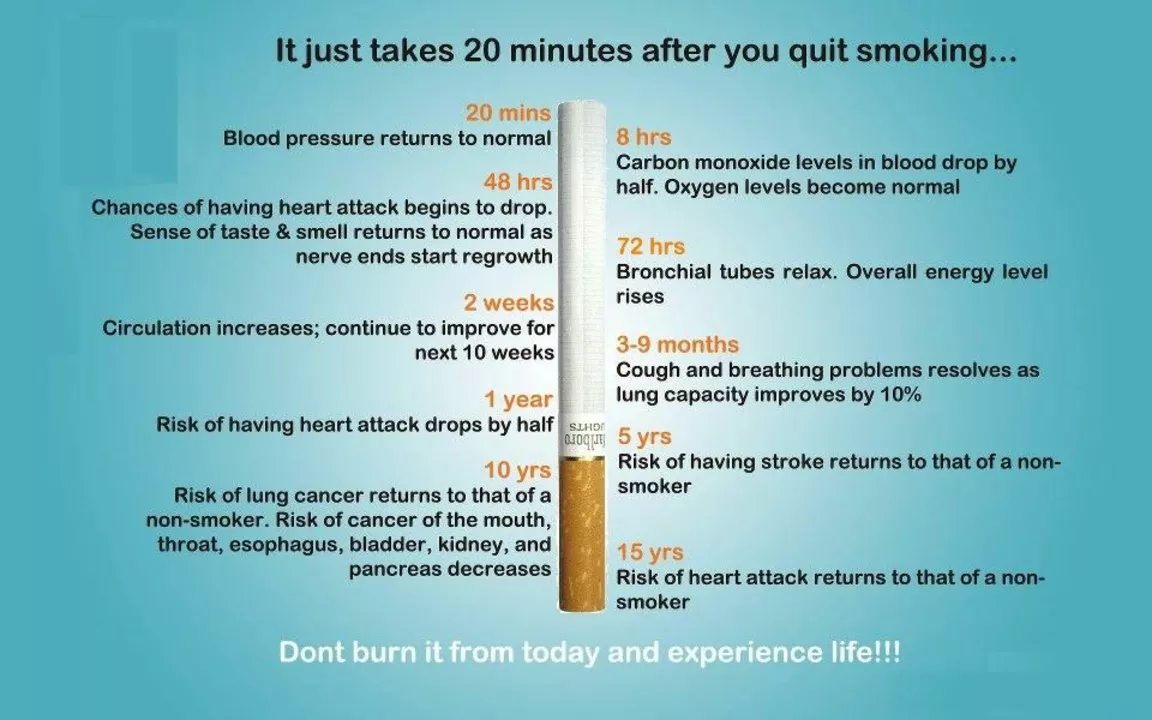Medication Risks: What to Watch for with Drugs, Supplements, and Online Pharmacies
Mixing drugs, buying online, or trying a new supplement can cause real harm fast. Some risks are obvious — allergic reactions, heavy bleeding with blood thinners — while others creep up slowly, like liver damage from too much acetaminophen or harmful interactions between prescription meds and herbal supplements. Knowing the common risks and how to avoid them saves time, money, and your health.
How medication errors happen
People pick up the wrong dose, take two products with the same active ingredient, or order from unverified online sellers. Online pharmacies that hide contact details, offer controlled drugs without a prescription, or ship from unknown countries are big red flags. Cross-border purchases can get stopped by customs, and some imported drugs don’t meet FDA or local safety rules. Counterfeit pills may look real but contain the wrong ingredients or dangerous fillers.
Dietary supplements like essential oils, Lentinan, or new extracts are popular, but they are not regulated like prescription drugs. Labels can be wrong, doses uncertain, and interactions with other meds overlooked. Also, some supplements raise blood sugar, affect blood clotting, or stress the liver. Tell your doctor about every vitamin, herb, and oil you use.
How to spot risky online sellers
Check for a physical address and a licensed pharmacist contact. Look up the pharmacy on official regulator lists like NABP in the US or your country’s licensing board. Prices that are far lower than usual can mean fake or expired products. Avoid sites that pressure you to buy fast, require wire transfers, or offer controlled substances without a valid prescription. Read recent user reviews and watch for consistent complaints about delivery or quality.
Practical steps to reduce harm
Keep an up-to-date list of every medicine and supplement and share it with any provider. Use a medicine interaction checker before adding anything new. Follow dose limits — never exceed the acetaminophen maximum and be careful with multiple cold or pain products. Ask your pharmacist if a drug needs dose adjustments for kidney or liver issues. Store medications in original packaging and check expiration dates.
If you get a severe rash, difficulty breathing, chest pain, sudden bleeding, or signs of liver trouble like yellowing skin, seek emergency care. For less urgent concerns like new side effects or confusion about interactions, call your pharmacist or prescriber. If you suspect a counterfeit or unsafe product from an online seller, stop using it and report the seller to regulators.
For example, combining Plavix with certain proton pump inhibitors can lower protection against clots. Mixing nitrates with erectile dysfunction drugs causes a dangerous drop in blood pressure. Taking extra opioid pain pills while on benzodiazepines raises the risk of breathing problems. Always ask before combining treatments and keep emergency numbers handy. Small checks prevent big medication problems.
The impact of smoking on renal failure: understanding the risks and quitting strategies
As a blogger, I have recently delved into the topic of the impact of smoking on renal failure, and the findings are quite alarming. It's clear that smoking significantly increases the risk of kidney disease, with some studies even suggesting that it can double the chances of renal failure. This is a major concern as it can lead to life-threatening health issues. Thankfully, there are various quitting strategies available, including nicotine replacement therapy, counseling, and support groups, which can help smokers kick the habit and reduce their risk. It's important for us all to be aware of the dangers of smoking on our kidney health and take necessary steps to quit if we're smokers.
The impact of smoking on renal failure: understanding the risks and quitting strategies

As a blogger, I've come to understand the significant impact smoking has on renal failure. Research has shown that smoking can worsen kidney function, increase the risk of kidney diseases, and potentially lead to renal failure. The harmful chemicals in cigarettes damage blood vessels, making it harder for kidneys to filter toxins from the body. Quitting smoking is crucial for reducing these risks and improving overall kidney health. I encourage anyone struggling with this addiction to seek support and explore various quitting strategies, such as nicotine replacement therapy, counseling, and support groups.
